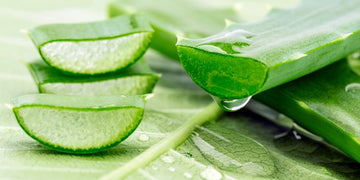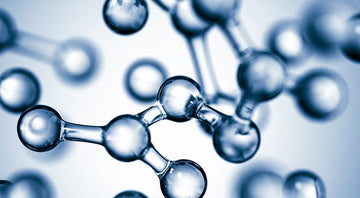Do you also have dull and dull skin? One reason could be stress .
Stress and skin are two words that often travel together and for a good reason. In embryonic development, the nervous system and the skin are formed from the same mother cells, which is already enough to explain the strong interconnection between the emotional state and the health of the epidermis.
It is no mystery that the skin, the largest organ of the human body, is the first to warn that worries, anxieties and nervousness have reached the alert level. What is less well known, however, is that it is not just pimples that signal a period of high stress.
Did you know that in the last few years of the pandemic your skin has also been affected? As? Cortisol , more commonly referred to as the stress hormone, leads to increased production of the sebaceous glands , consequently, leads to a greater amount of sebum . At the same time, it weakens the immune system and compromises the protective skin barrier. In case of psychophysical stress this balance is altered causing problems also at the epidermal level. The consequences are a thinning of the lipid barrier which causes dehydration and consequently dry skin . In this way, the skin is more exposed to the action of pathogens coming from the outside. Cortisol damages collagen and prevents the correct and natural hydration of the skin which becomes dull, dull and makes small wrinkles more visible and deeper. When the skin is stressed, it also loses its ability to protect itself as the skin barrier is damaged. For adults, this can lead to complications, such as inflammation and signs of premature aging. Stress also damages collagen, causing wrinkles to appear. Cortisol reduces the natural production of Hyaluronic Acid , which dehydrates the skin, making fine lines more visible. Dehydration also stimulates the production of sebum , creating a breeding ground for acne- causing bacteria.
There is a very close relationship between mind and body and it has now been demonstrated that the skin is one of the organs that is among the first to be affected by all the psychological and emotional states linked to stress: our skin speaks to us, we must listen to it. The symptoms we may have are different, let's try to find out together.
The effects of stress on the skin are numerous and can vary from person to person, depending on personal predisposition and the basic physical condition on which the emotional tension affects.
One of the first signs of stress is the appearance a dull and dull complexion , caused by compromised microcirculation and insufficient oxygenation to make the skin rosy and luminous in appearance. Stressed skin is typically less elastic, drier and more prone to redness, flaking and redness , as its hydrolipidic film can also be damaged by high levels of negative emotions.
However, there may also be some consequences of the hyperproduction of cortisol the increase in sebum production by the skin cells, with a consequent increased clarity especially in the T zone and the appearance of annoying episodes of acne.
Hormonal imbalances caused by out-of-control stress also often cause a lowering of the immune defenses , including the skin barrier, which facilitates the appearance of cold sores and makes the skin more exposed to infections and allergies.
Finally, it should not be forgotten that a prolonged period of psychophysical imbalance can also influence skin renewal and affect the skin's collagen reserves, with a consequent appearance of furrows and small wrinkles on the face .
Furthermore, poor production of melatonin, which is also a consequence of stress, can also cause insomnia which would further worsen the health of the skin.
How to remedy the signs of stress on sensitive skin?
Identify the "stressogenic" factors, become aware of them and introducing healthy habits into your life , such as a balanced and varied diet, frequent sports practice or activities such as yoga, meditation, can positively influence personal stress levels.
In any case, complete self-care even in these cases involves a correct beauty routine ( read previous article ) which aims to replenish nourishment and proactively support the skin's natural protection mechanisms, as essential as they are fragile.
Among the main secrets to counteract the advance of traces of stress on the skin are in fact the use of delicate cleansers with natural ingredients , the use of broad-spectrum sunscreens and the daily application of hydrating lotions, day and night, of excellent quality and tailor-made for your skin type.
Simply dedicating yourself a few minutes a day can contribute to a positive reduction of stress and the recovery of a full and complete physical and mental balance.




